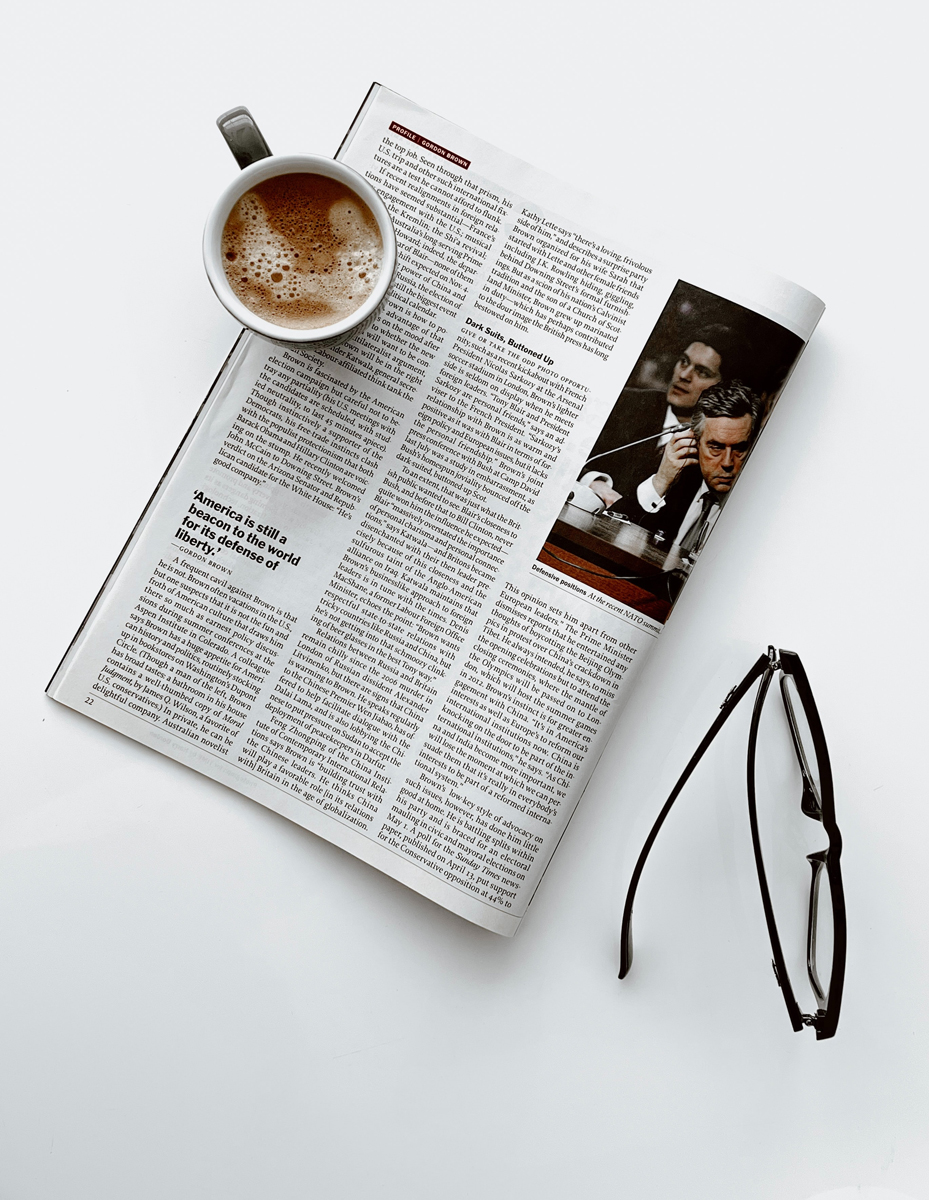4 Writers Blurring the Line Between Poetry and Journalism
Poetry and journalism offer two ways of looking at the world through words and images. While journalism often strives to be objective, and poetry takes on a more specific and personal point of view, both translate observations and events into vivid narratives and strong themes that connect with a larger audience. Through both poetry collections and news articles, readers can be exposed to new settings and types of people, dramatically opening and enhancing their worldview. These four writers blend the research and real-life details of journalism with the lyricism of poetry, striking a unique, hard-hitting chord between the two genres.
1. Alissa Quart
Alissa Quart, who went to Columbia University’s school of journalism and has been nominated for an Emmy for her video journalism, has made a career out of reporting on class and the wealth gap. While this could seem merely dry and data-driven, Quart illuminates the personal side of inequality by focusing on the complex, impactful stories of everyday families in Squeezed: Why Our Families Can’t Afford America. This in-depth and nuanced reporting provided a natural transition into poetry, with Quart’s debut collection Monetized taking a deep look at the hyper-commercialized landscape of America under late-stage capitalism. The poetic journey through dollar stores, outdoor malls, and online advertising garnered praise from The New Yorker and Publishers Weekly.
Order Monetized here.
2. Noor Hindi
Palestinian-American poet and reporter Noor Hindi has won awards from both the Center for Investigative Reporting and the Poetry Foundation. Hindi’s journalistic work, which has mostly covered figures and events in Ohio, digs into issues like domestic abuse, infant mortality, and eviction. This willingness to write about heavy and important topics is also at play in Hindi’s poetry, which takes on Islamophobia, genocide, and war. Hindi’s emphasis on local, community journalism means she’s able to examine these large-scale themes in a way that emphasizes up-close, personal narrative.
Order Dear God. Dear Bones. Dear Yellow. here.
3. Carolyn Forché
Known for blending the personal and the political across her decades-long writing career, Carolyn Forché has described her award-winning poetry as a “poetry of witness,” a term she popularized. She’s edited an anthology of poetry written under extreme conditions, including imprisonment and war. This reverence for high stakes and watching history unfold inspired Forché to travel to El Salvador. While there, she planned to take a more journalistic approach to covering the country’s civil war but instead found herself writing political poetry. This socially conscious poetry has earned Forché awards for human rights work and activism alongside honors for her writing talent.
Order In the Lateness of the World here.
4. Alexi Lubomirski
Celebrity fashion photographer Alexi Lubomirski offers a different look at how poetry and journalism intersect, as his previous experience with photojournalism can be seen and felt in his debut poetry collection Talk to Me Always. Lubomirski, who photographed Prince Harry and Meghan Markle’s wedding, calls his blend of poetry and visual art “photopoetry.” Each poem in the collection, which muses on fatherhood, marriage, grief, and more, is accompanied by a photo. This careful mastering of how words and images reinforce each other is a decidedly journalistic quality that carries throughout the whole book.
Order Talk to Me Always here.
Take these titles as inspiration and consider using news or media as a prompt for your poetry. For example, what happens if you incorporate headlines into your stanzas? How could you use a current event as the starting point or origin for a poem? And how does pairing poetry with other multimodal elements—like photos and video—enhance or change your writing process?




